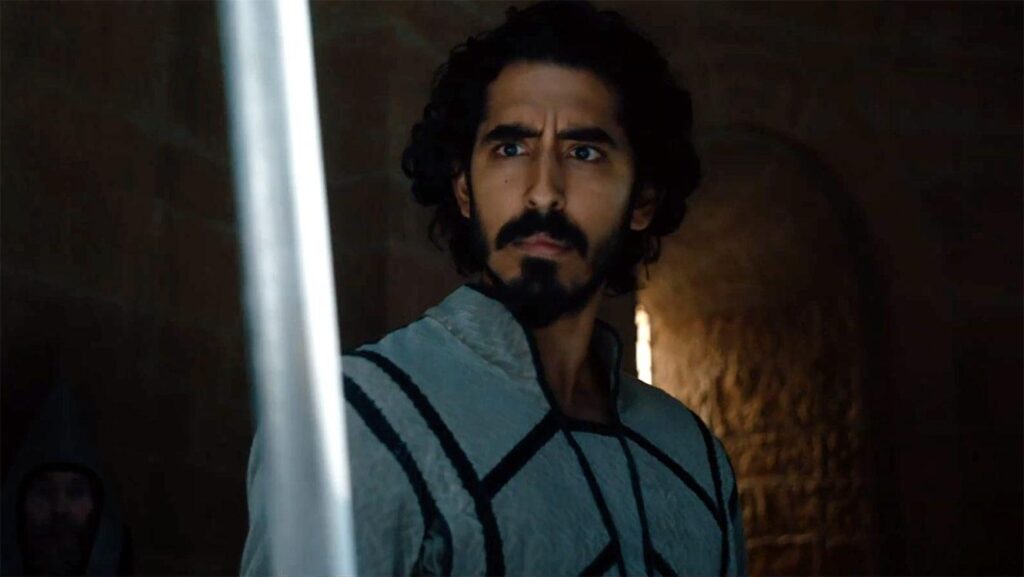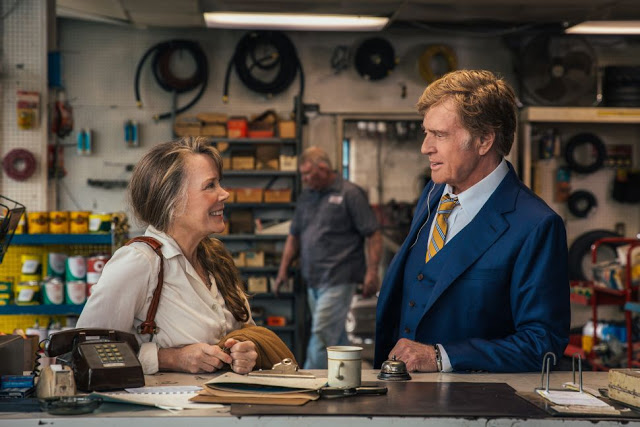The Green Knight: It’s Not Easy Being Guillotined

During one of the many ruminative exchanges in David Lowery’s The Green Knight, a common young woman scoffs at her paramour’s obsession with greatness. “Why is goodness not enough?” she wonders with a combination of selfishness and curiosity. Like most of its maker’s movies, The Green Knight operates—or attempts to operate—as both a sincere answer to the question and an emphatic rejection of its premise. In films like the Malick-infused crime drama Ain’t Them Bodies Saints and the austere metaphysical puzzler A Ghost Story, Lowery wasn’t aiming for passable entertainment; he wanted to make high art, true masterpieces that reshaped our attitude toward what cinema can be. (His Ghost Story follow-up, The Old Man & the Gun, was enjoyable in part for how atypically relaxed it was.) Judged against that impossible standard, he failed both times, and does so again here; The Green Knight is no masterpiece. But it is undeniably a mighty work, and its towering ambition—the way it takes an epic poem and updates it with its own combination of beauty, whimsy, and nonsense—is itself commendable.
The title of that poem, “Sir Gawain and the Green Knight” (by Anonymous), briefly emerges on screen, in an Old-English font that’s nigh unreadable; over the course of the proceedings, other headings make similarly quick appearances, each harder to decipher than the last. In fact, illegibility is something of a precept for the movie, be it vocally, visually, or narratively. Actors often mumble lines, their “thees” and “thines” drowned out by the clangs of nature or Daniel Hart’s moody score. The image, especially in the opening scenes, is often dark, as though a fog of war has settled over the screen. And the trajectory of the story, which follows Gawain (Dev Patel) on a picaresque adventure, is regularly interrupted by strange sights and odd digressions. Read More

